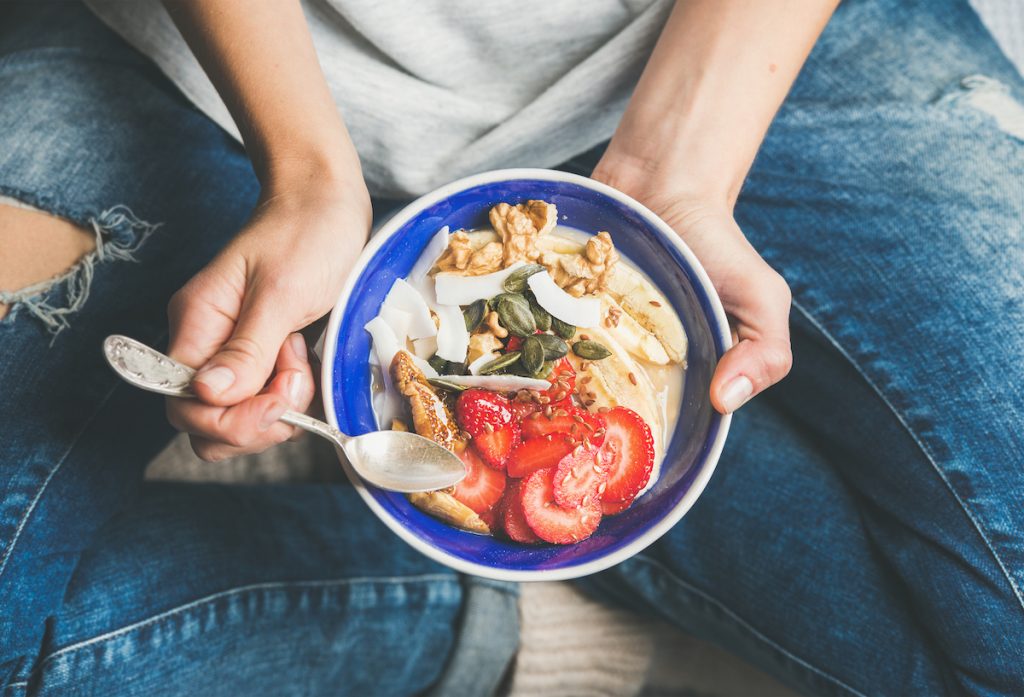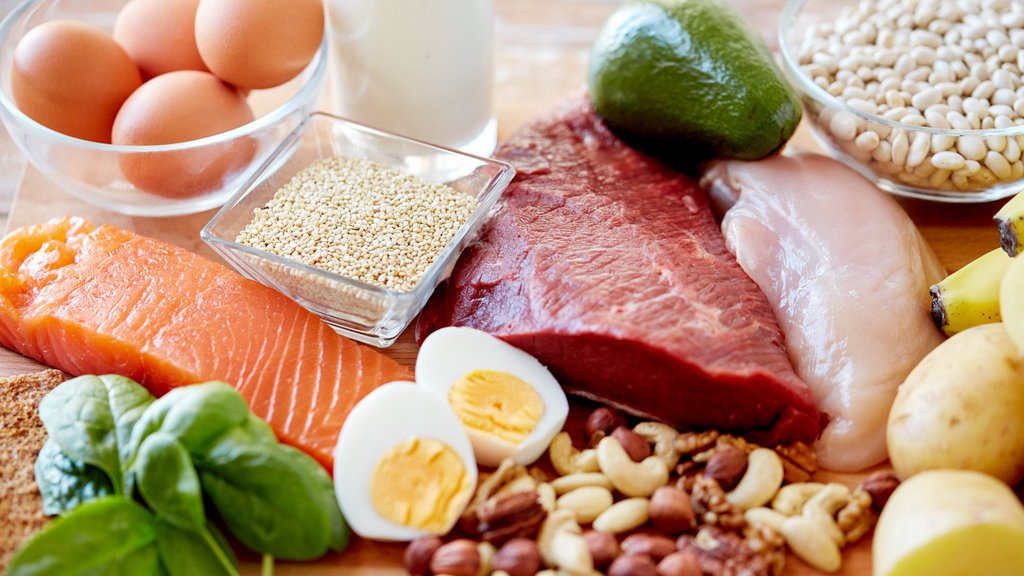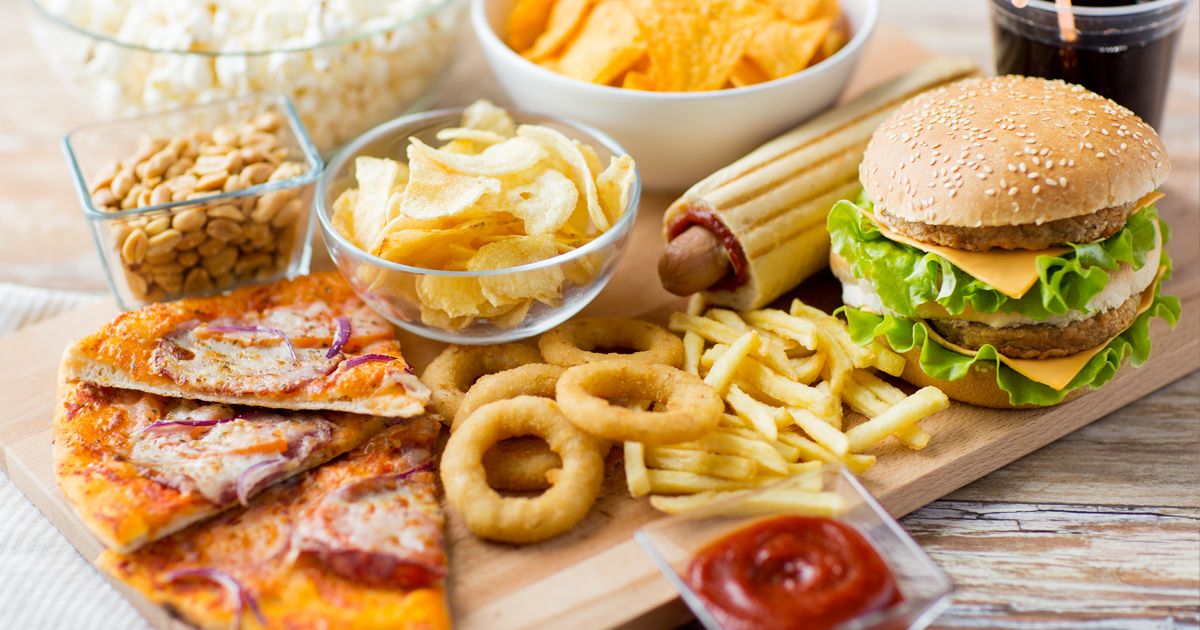
When large amounts of acidic stomach contents are regurgitated past the stomach’s valve and up into the gutter, heartburn occurs. Small amounts of acid reflux are normal and harmless, since constantly swallowing saliva quickly washes it back into the stomach. However if the amount of refluxed material is greater than normal and persists over a period of time, this can result in debilitating heartburn , which affects the enjoyment of food. It can lead to inflammation, bleeding, narrowing of the gutter, anemia and in some cases, results in cancer.
SYMPTOMS:
Heartburn is usually described as a burning sensation in the chest and upper abdomen. It is hardly surprising t hat heart burn is painful, since it is associated with the production of gastric acid. The stomach wall secretes hydrochloric acid to help kill bacteria that enter the body via food and drink. The stomach lining is coated with a thick layer of mucus to protect it form this acid. The throat and mouth have no such protection, hence the pain associated with refluxed material. If reflux is regurgitated into the mouth, it also creates an unpleasant acidic taste.
TREATING HEARTBURN
Most women treat heartburn with over-the-counter or prescribed antacid preparations. These usually contain sodium, aluminum, calcium, and magnesium.
FOODS TO ADD:

Lean meats, fish, poultry, and low-fat dairy products are all rich in protein and appear to enhance the tone of the valve at the top of the stomach. Making sure that all meals and snacks contain some protein may help to tighten the valve over time and diminish the problem.
- Wholegrain cereals, whole meal breads, and brown rice are rich in insoluble fibre. This fibre bulks the stools and prevents constipation, which may otherwise cause a build-up of pressure in the colon. This pressure can move up into the stomach and force the stomach valve to open. When this happens, heartburn occurs. It is important when increasing intakes of wholegrain foods to increase fluid intake to six to eight cups a day, to keep the stools soft. Increasing fibre without extra fluid can make the stools hard.
Apple cider vinegar mixed with water and sipped during a meal can help those who are affected by heartburn. One tablespoon of apple cider vinegar should be mixed with a glass of water.
FOODS TO AVOID:

- Fried foods, fatty meats, pies, cakes, biscuits, margarine, butter, oils and cream appear to weaken the stomach valve.
- Peppermint taken as tea or as a sweet following a meal relaxes the smooth muscles in the stomach valve and encourages reflux. Coffee, tea, and cola all contain caffeine, which encourages extra acid production and weakens the stomach valve.
- Chocolate contains methyl xanthines, which are related to caffeine and appear to have a valve weakening effect. Those with reflux should avoid chocolate and cocoa after evening meals.
- Fruit and vegetable juices may irritate the lining of the throat if it has previously been damaged by chronic heartburn.
- Onions and garlic may have adverse effects on stomach-valve tone.
OTHER MEASURES:

- Alcohol weakens the stomach valve and may increase heartburn.
- Large meals are best avoided, especially during pregnancy. The stomach is pushed out of position by the growing fetus, forcing the stomach’s acidic contents up into the throat.
- Being overweight can cause the stomach to be pushed out of position, forcing the stomach contents up into the throat.
- Eat meals and snacks slowly and chew food well, preferably in a stress-free environment.
- Bending over or lying down after a meal tips the stomach contents and encourages reflux.
- Avoid prolonged use of antacids as it can lead to a mineral imbalance.
Disclaimer
The Content is not intended to be a substitute for professional medical advice, diagnosis, or treatment. Always seek the advice of your physician or other qualified health provider with any questions you may have regarding a medical condition.
